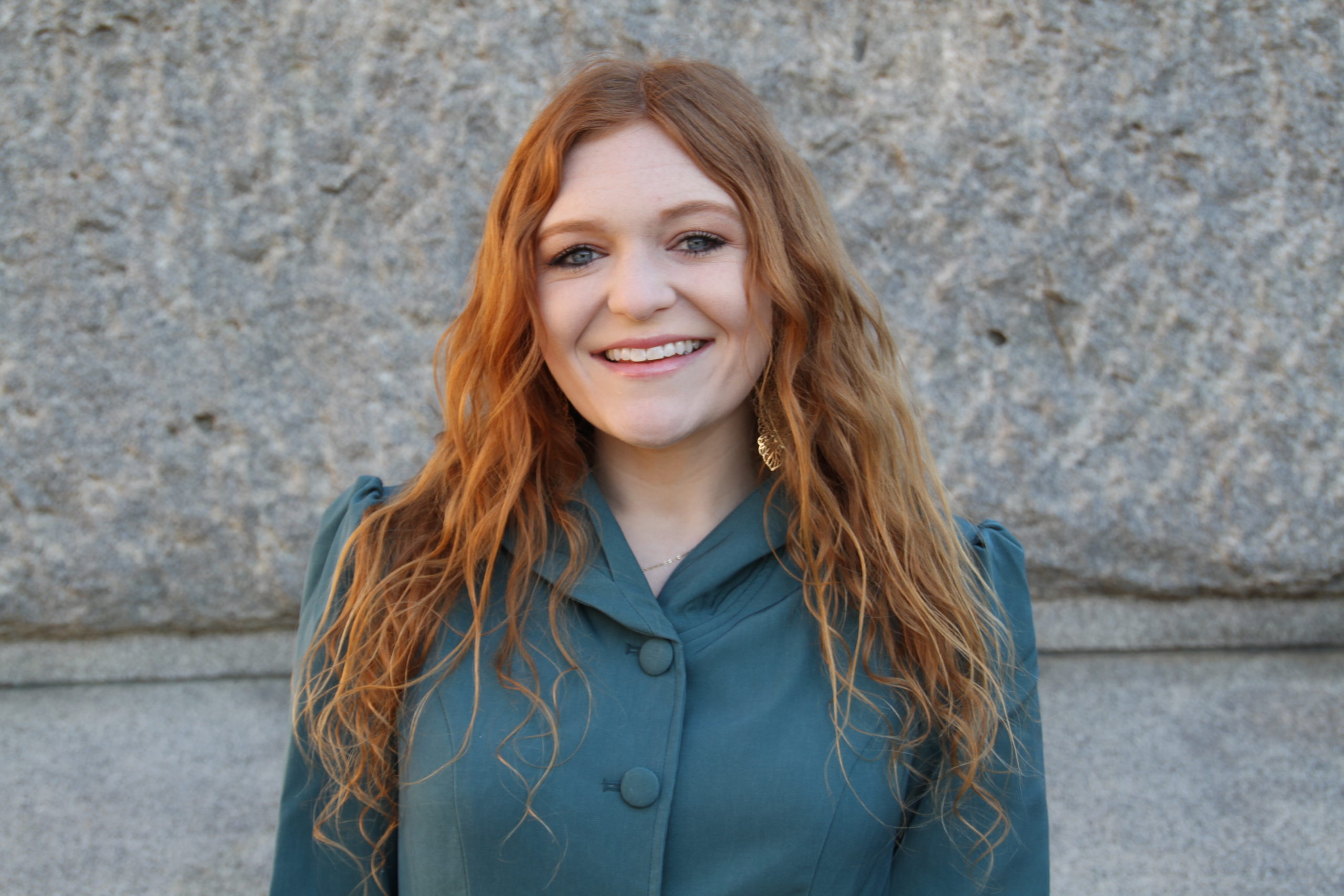Eight weeks after the falsified Belarusian presidential elections, country-wide protests remain steady, and fervent democratic activism has arisen among an unsuspecting source—the Catholic Church. American Christians should follow and take a vocal stance for the Belarusian future.
Between polarized civil discourse, ongoing effects of the COVID-19 crisis, and an upcoming presidential election, many Americans are not tuned into the struggle for democracy currently taking place in Eastern Europe. But Americans, especially American Christians, should be informed—and vocal—on Belarusians’ battle for democratic political reforms, and they can follow the path of a significant institution—the Catholic Church.
Belarus—ruled by the Soviet-era leader Alyaksandr Lukashenka, notably called the “last dictator” in Europe by Condoleezza Rice during her tenure as US secretary of State—went to the polls on August 9. Lukashenka has ruled the country since 1994, and according to official state election results, Belarusians reelected him for a five-year term with 80 percent of the vote. Mounting evidence, however, shows that the results were gravely skewed. One day after the government announced the official election results, Secretary of State Mike Pompeo released a statement in which he proclaimed, “The United States is deeply concerned about the conduct of the August 9 presidential election in Belarus, which was not free and fair.”
Seventeen members of the Organization for Security and Cooperation in Europe (OSCE), including the United States, recently appointed a task force to investigate human rights violations in Belarus in the weeks ensuing the election.
More than 50 days after the falsified elections in Belarus, a normally passive electorate has awakened nearly all aspects of civil society. Although protests occur daily, the largest demonstrations take place on Sundays, marked by the gathering of hundreds of thousands of Belarusians in Minsk and dozens of thousands in other Belarusian cities.
But why, after 26 years under Lukashenka’s heavy-handed rule and nearly 30 years since the fall of the Soviet Union, is Belarus finally experiencing a democratic, and even spiritual, awakening? What forces have come to the demonstrators’ aid?
Vocal supporters of the peaceful demonstrations include Belarusian celebrities, athletes, student activists, and private business owners. Strikes among union workers in state-run enterprises, previously the base of Lukashenka’s support, have been most surprising.
Within the mass mobilization of civil society sits a previously unsuspecting, and vocal, source—the Catholic Church. Belarus is a predominantly Christian country, with 70.7 percent of the population identifying as Christian in 2020. This alone gives the church and organized religion to have a powerful place in Belarusian civil society.
A 2017 Pew Research survey showed that only 12 percent of the populace identifies as Catholic, a number that pales in comparison to the number of Orthodox Christians in Belarus, but this year’s electoral events and ensuing Catholic activism may change this makeup for the future. “Catholic priests have condemned the violence and provided great spiritual support for the people of Belarus,” stated Hanna Baraban, a Belarusian journalist and political analyst.
The Catholic Church is swiftly gaining respect and admiration among the Belarusian populace, becoming a “moral compass for many,” continued Baraban.
Archbishop Tadeusz Kondrusiewicz, the archbishop of Minsk and Mohilev and a citizen of Belarus, has paid a price for speaking out against the Lukashenka regime, being denied entry into the country on August 31. This followed numerous statements by Kondrusiewicz in which he criticized the status quo in Belarus.
“The beating of peaceful demonstrators who want to know the truth, their cruel treatment and inhumane detention, is a grave sin on the conscience of those who give criminal orders and commit violence,” Kondrusiewicz wrote in a letter to Belarusian state officials in mid-August. The archbishop is also on record condemning security forces for blocking the entrance to the Church of Saints Symon and Alena, also known as the Red Church, from demonstrators looking for refuge in Minsk.
In a statement released the week following the elections, the synod of the Belarusian Orthodox Church under the Moscow Patriarchate, on the other hand, only vaguely condemned the violence and notably kept quiet regarding the reasons for the mass unrest.
The activism of Archbishop Kondrusiewicz, the Catholic Church, and both Protestant and Catholic Belarusians are all links to the greatest possible threat to Lukashenka’s regime—solidarity.
This would, of course, not be the first time a major Catholic figure brought hope and solidarity to a democratic political movement in Eastern Europe. Pope John Paul II is distinctly credited with awakening the Solidarity movement in his home country of Poland in the 1980s, leading to a free Poland and even playing a major role in the fall of Soviet communism.
“We are in a historic place, where Solidarity was born. But before its birth, John Paul II, the Polish-born pope, awoke this solidarity in us. His work and his words created a completely new space of thinking, a new space for the desire for freedom, independence, and democracy,” Polish Prime Minister Mateusz Morawiecki stated at a 2019 event honoring the fortieth anniversary of Pope John Paul II’s first pilgrimage to Poland.
The pope’s beloved homeland is now a free democracy and has taken one of the most vocal positions in favor of Belarusian protestors and a democratic Belarus. In fact, Archbishop Kondrusiewicz is enjoying asylum in Poland as he is still denied entry into his native Belarus.
The political developments and attacks on religious figures in Belarus should alarm Americans, especially Americans of faith. If the twentieth century taught us anything, it’s that we must stand (vocally) on the side of human dignity, religious freedom, and political independence—especially in Eastern Europe.







 Sponsor a student for Christianity & National Security 2024
Sponsor a student for Christianity & National Security 2024